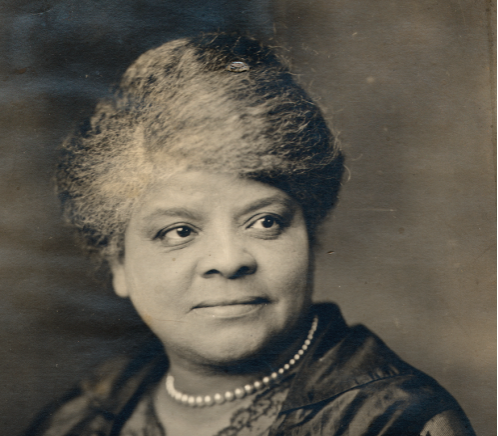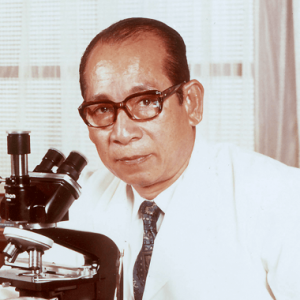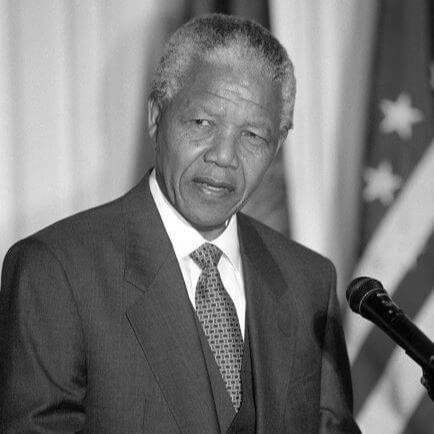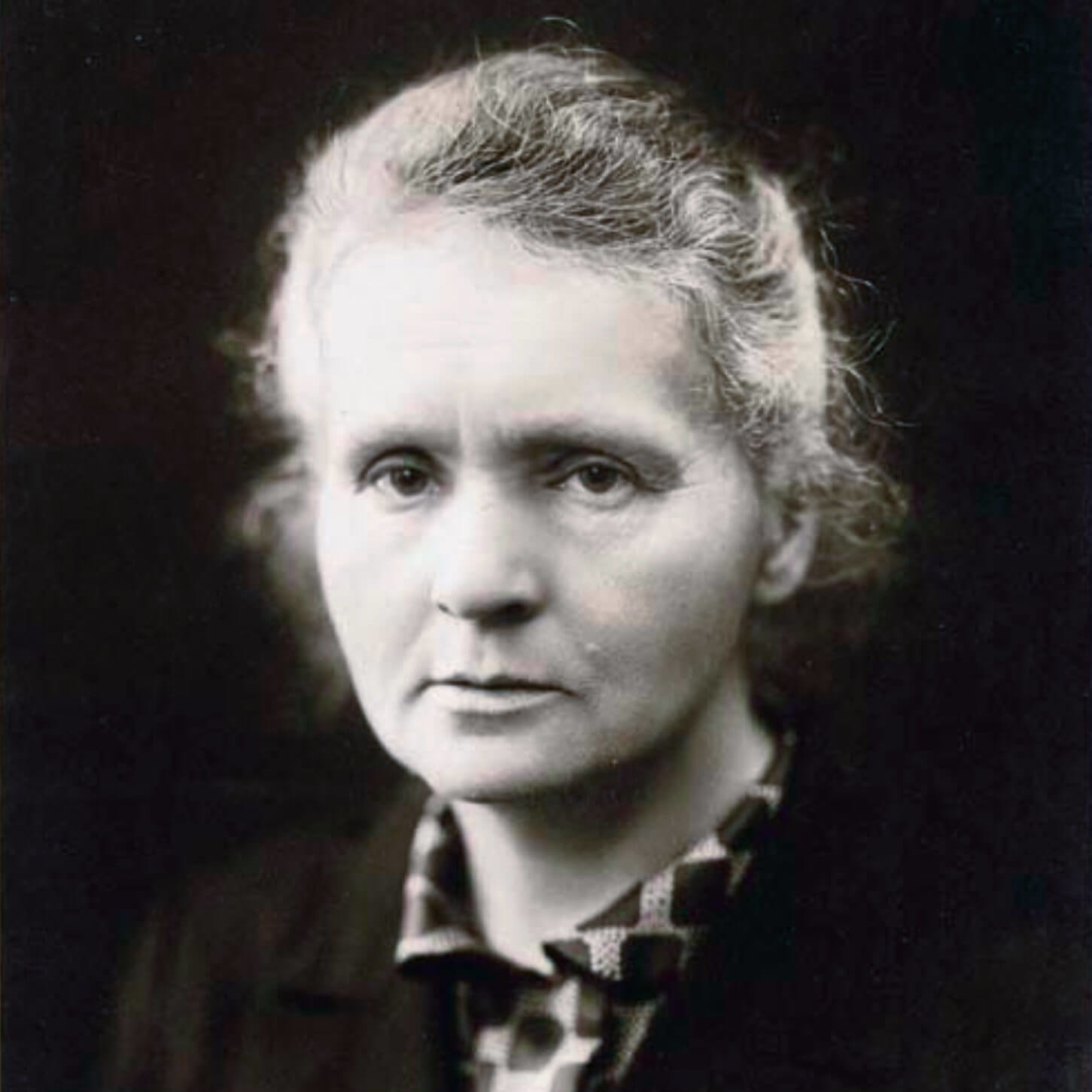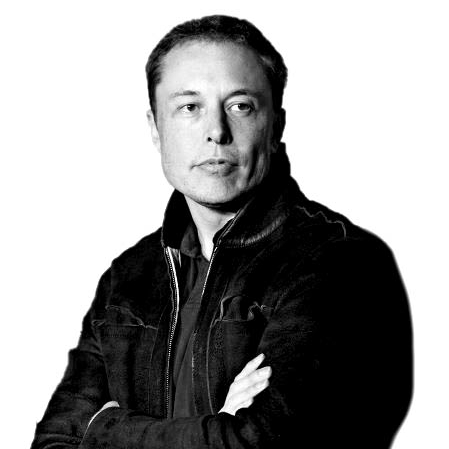Mistakes
UP QUOTES
“Do the best you can until you know better. Then when you know better, do better.”
On this page we catalog the most substantive mistakes we’ve made.
Our aim is to be as transparent as we can to save others who are doing similar work from repeating our mistakes, as well as to help prospective clients understand our full track record.
2023
We were too slow in publicly announcing our focus on supporting individuals and organizations tackling existential risks. We worried we might alienate the people we serve or could serve who were working on other critical issues outside of existential risks. We still believe we need millions of people fighting for our future in their own ways, but we recognize that most people will not be on the most critical path (e.g., AI governance and/or AI alignment). Given it is very low-cost for us to serve people via a pro bono advisory call and DIY UP, we still serve anyone value-aligned and strategy-aligned who wants to help. We do, however, prioritize those on the critical path.
2022
Continuing the same mistake from 2021, we still scaled too slowly given the evidence we had accumulated about our net impact and cost-effectiveness.
2021
Broadly speaking, we scaled too slowly given the evidence we had accumulated about our net impact and cost-effectiveness. We adopted too high of a bar for an early stage startup. Given we wish to be a model for other startups–and actively teach this speed versus evidence tradeoff to the founders we serve–this was a mistake.
2020
When we first launched our main website, we inadvertently made some people feel anxious. We were not careful enough to highlight that UP in its current form was best suited for only a very small subset of the population.
<2020
Our biggest mistake was not serving Sam Bankman-Fried and potentially steering him away from his fraudulent actions and towards wiser, more ethical decision-making. An UP is explicitly designed to do this and he was one of our target clients, but due to our previous history as a whistleblower and our perceived need for Upgradable to first be provably cost-effective to effective altruist leadership we did not reach out to Sam until 2022 (via a funding request). At that time we warned him that if he found himself embroiled in a major scandal that would be extremely bad for the effective altruism movement and world. He did not fund us. Shortly thereafter his misdeeds became public. We are 90% confident we would have detected these misdeeds and been able to report them to proper authorities if we had worked with him. If we had been early enough and did a deep enough UP we are 30% confident we could have averted these misdeeds altogether. (Ironically, Sam did fund one of our clients and helped him temporarily generate $1B+ in value. Years before Sam also offered to fund Effective Altruism Global, which Upgradable co-founded and led. But we turned down his funding because he asked if we really needed it and we replied honestly that we didn’t. Note that was our first and only direct contact with him.)
<2020
In the early days of the effective altruism movement, we acted as one of its first major whistleblowers. We highlighted the Machiavellian behaviors of one of its leaders to others in leadership positions. We did this as carefully and respectfully as we could, but we could have done better. The fallout ultimately cost the loss of hundreds of thousands of effective altruist hours. Fortunately, the person we revealed was eventually removed from the movement (insofar as that is possible). Unfortunately, the lessons from that incident did not propagate as we intended. Given we created Upgradable as a partial antidote to people like this selfish leader–who followed the exact same Machiavellian playbook that Sam Bankman-Fried later would use–we consider this a failure on our part. And a failure on effective altruism leadership to effectively recognize and mitigate serious threats before they happen.
<2020
We previously spent thousands of hours building Self Spark, which focused on catalyzing behavior change at a much larger scale to help people lead more impactful lives. This required a brand-first rather than science-first approach. It “worked”–that is, it started to become superficially successful–but it was ill-equipped to “work” in the deeper sense of helping the people we most wanted to serve substantially change in cost-effective ways. With Upgradable, we over-updated to a science- and philosophy-first approach, neglecting our marketing. This was also a mistake, but a lesser one.
Feel free to share any mistakes you think we’ve made. We’ll add all relevant ones. Thank you in advance. Feedback is a gift.


